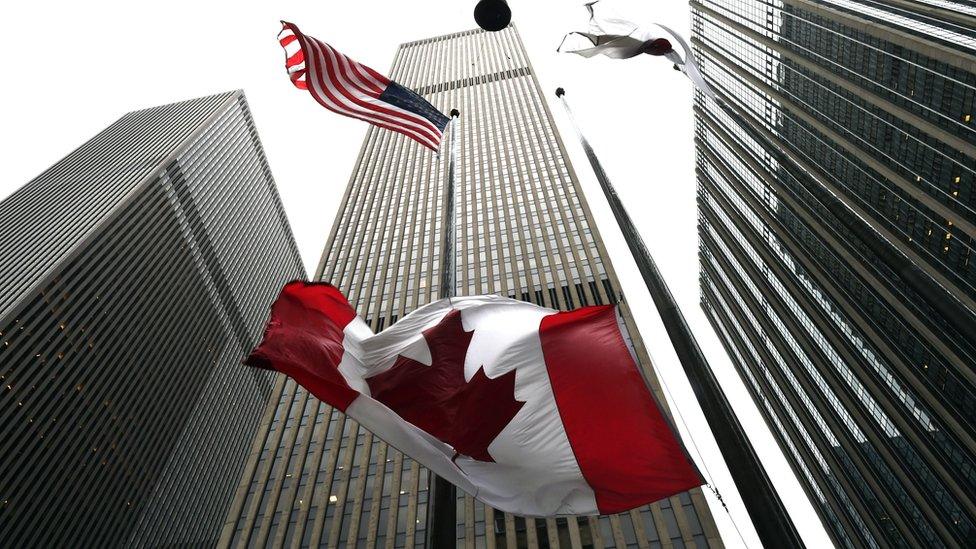Five questions on the economy for President Trump
- Published
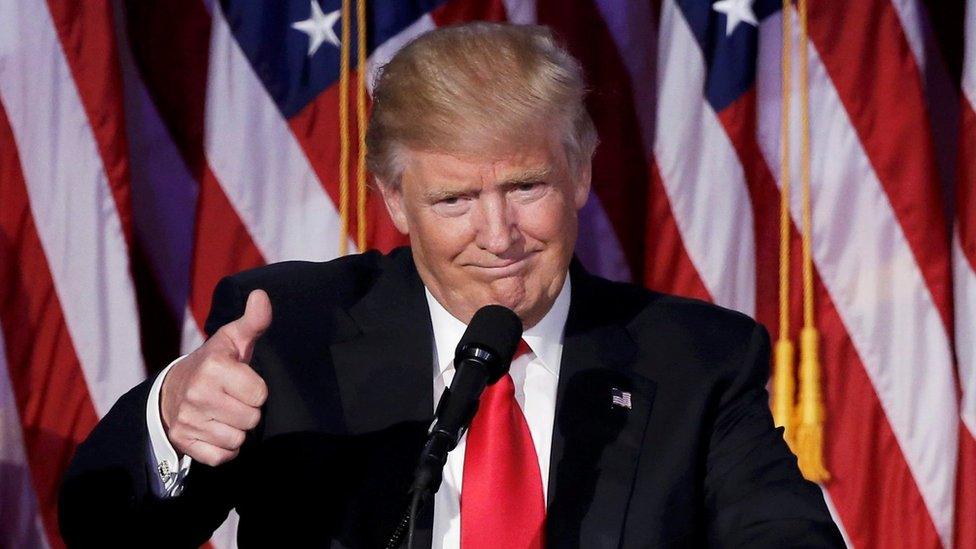
Donald Trump will become the 45th US president after completing the most dramatic political upset in modern American history. Here are five questions the new president will have to answer on the economy.
Can he stabilise the markets?
This might seem like an unfair question given that President Trump won't take office until 20 January, and 10 weeks is a very long time on the markets. But there's no escaping the fact that the financial markets were counting on a Clinton victory right up until the polls closed. The realisation that Donald Trump will be the next inhabitant of the White House rattled global stock markets. A state of high anxiety now prevails among investors. Everyone wants to know if the extreme rhetoric about economic policy that characterised the campaign will be lived up to in office.
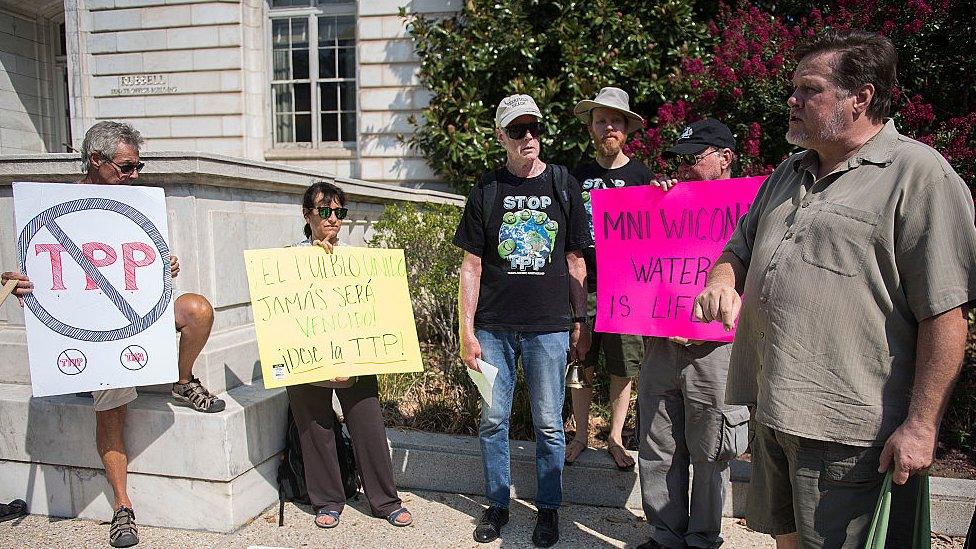
There has been much opposition to global trade deals at home
Is a Trump administration going to tear up existing trade deals?
The president-elect built a large part of his campaign on a scathing critique of existing US trade deals, most notably the North American Free Trade Agreement (Nafta), which allows for tariff-free trade (or greatly reduced tariffs anyway) with the nation's immediate neighbours, Mexico and Canada. He has also promised not to sign new deals that the Obama administration has agreed, most notably the Trans-Pacific Partnership (TPP). It seems likely that taking apart the US's existing framework of trade relationships could have severe consequences for the US and global economy.
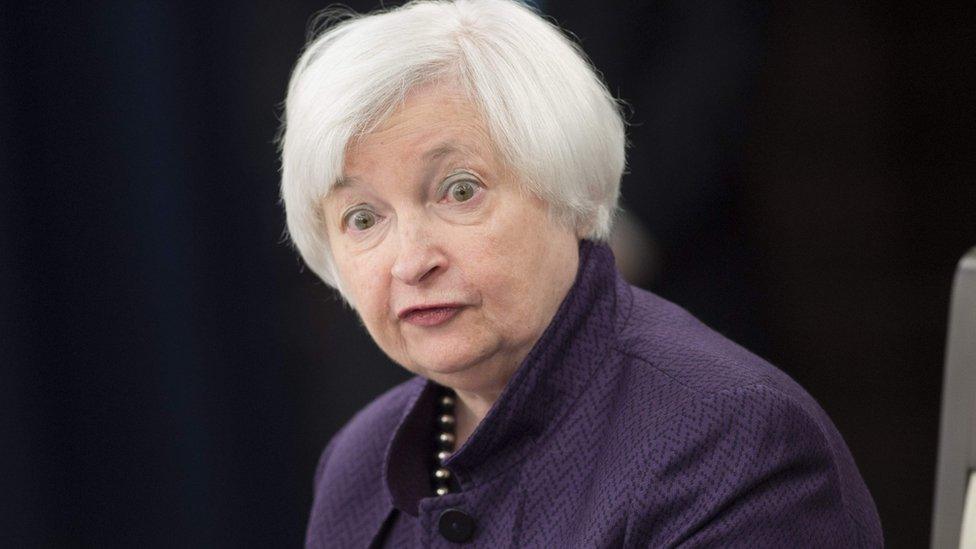
Mr Trump has previously accused Fed chair Janet Yellen of being "obviously political"
Will he reduce the independence of the Federal Reserve?
For the global financial system, one of the most alarming parts of Mr Trump's campaign was his questioning of the independence of America's central bank, the Federal Reserve. His claims that Fed chief Janet Yellen was keeping rates low at the behest of President Obama, were themselves an attack on an essential assumption underpinning the US and global financial system: the Federal Reserve is independent and conducts monetary policy outside of the control of elected politicians. If Mr Trump doesn't share that assumption, everyone in the financial markets will have to change theirs.

The US economy has been growing in recent years, albeit at a modest rate
How will he increase US growth?
A big part of his pitch to the US electorate has been that he can return the US economy to growth rates that have not been seen in years if not decades. Once he takes office, if not before, the president-elect will come under great pressure to lay out how he plans to do this. The Obama administration has presided over an economic expansion that has now lasted for years. President Trump's economic plans are likely to differ significantly from President Obama's - he wants to cut taxes sharply, especially on the wealthy, but it is by no means clear that he has the secret to unlock a greater growth potential in the US economy.
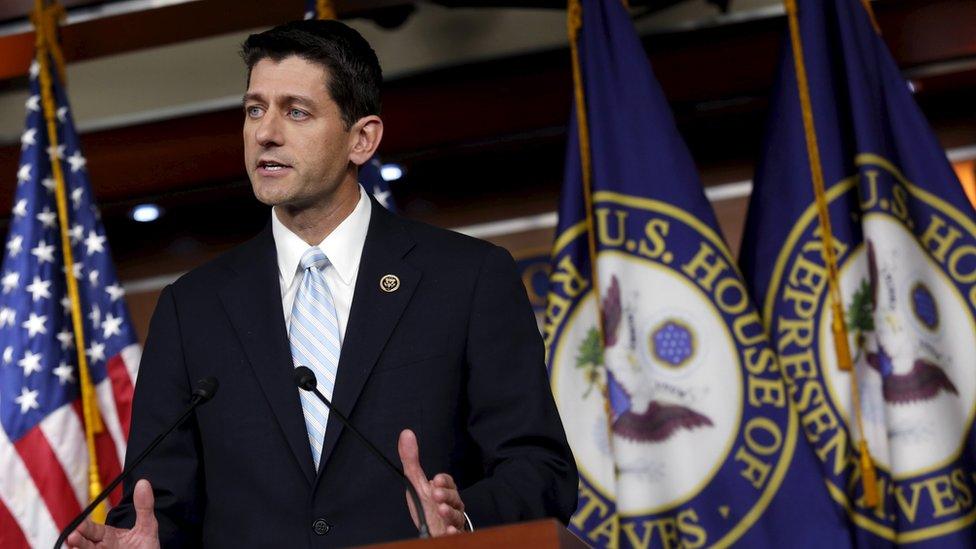
Mr Trump has previously clashed with other Republicans, including House Speaker Paul Ryan
How will he work with Congress?
To do things like cut taxes, or change the Fed's relationship to government, or rewrite trade deals, all presidents must secure the co-operation of Congress. Although the Republican Party will now hold the presidency, the House and the Senate, the divisions within the party seemed to have deepened in the 18 months since Donald Trump launched his campaign. Much of how Mr Trump answers these questions and many more will depend on how, or if he is able to work with Congress.
- Published9 November 2016
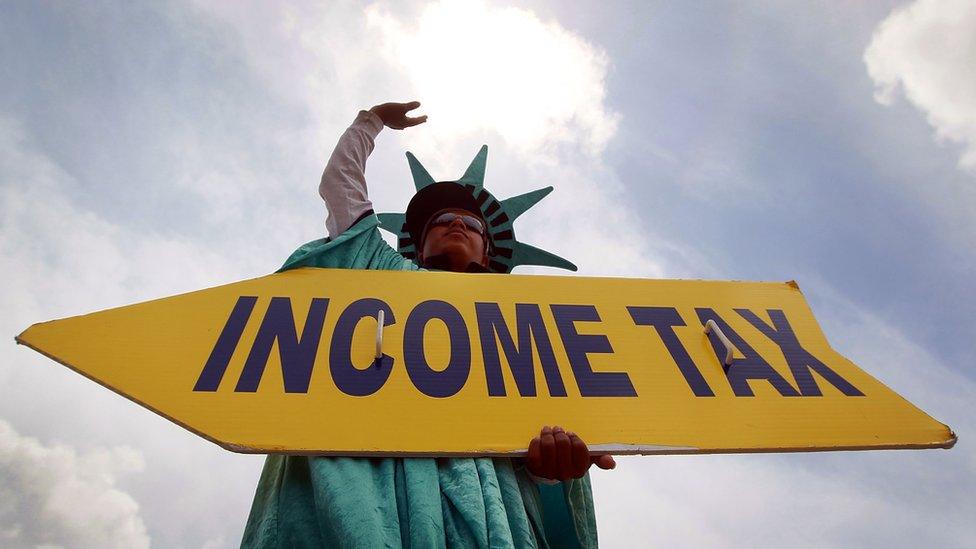
- Published9 November 2016
- Published9 November 2016
- Published25 April 2017

- Published10 November 2016
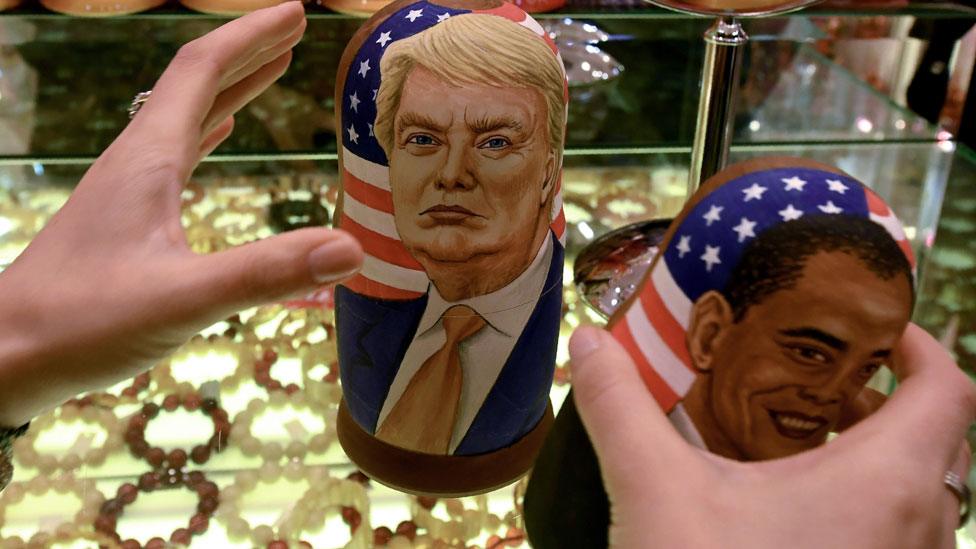
- Published10 September 2024
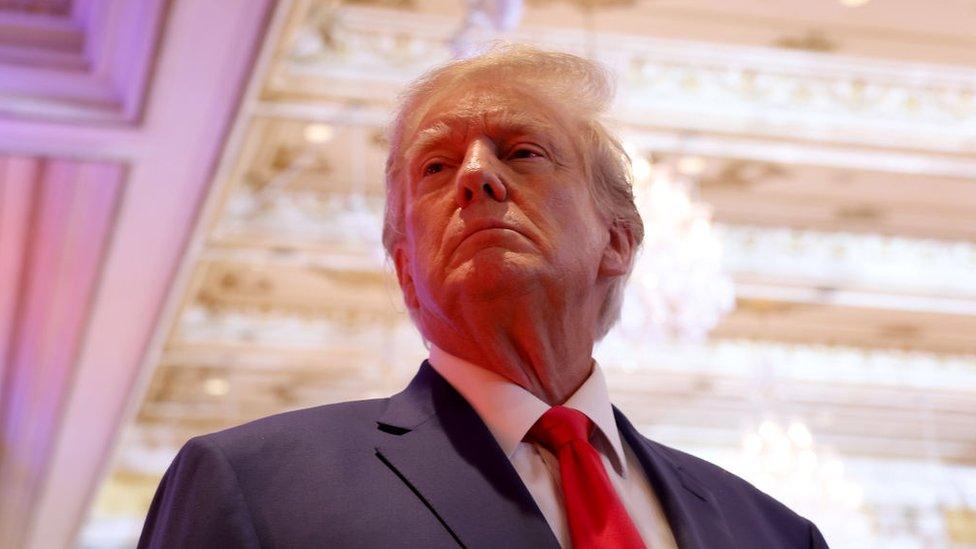
- Published9 November 2016
